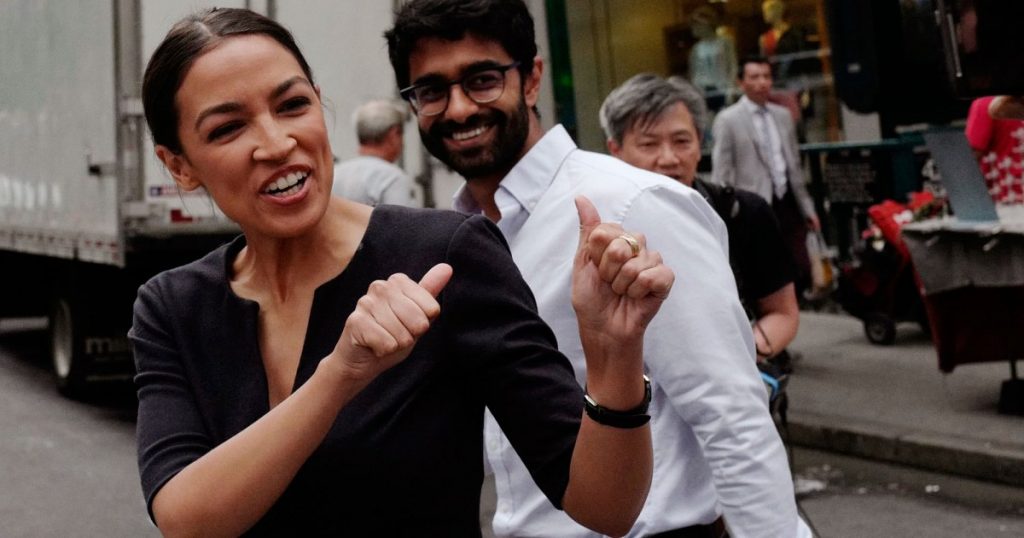What Do Our Budding Young Socialists Actually Want?
Alexandria Ocasio-CortezMark Lennihan/AP
Looking for news you can trust?Subscribe to our free newsletters.
Over the weekend the Washington Post ran a piece by Sheri Berman titled “Democratic socialists are conquering the left. But do they believe in democracy?”
My first thought was: Sheri, how could you? Democratic socialists are conquering the left? Come on. Bernie Sanders has been DSA for decades with nothing much to show for it except a supporting role in putting Donald Trump in the White House. Then, a few weeks ago a DSA candidate won a primary in the Bronx, which means that both the Senate and the House will have one DSA member—both of whom will caucus with the Democrats. This is not exactly a conquering hoard.
But then I read what Berman actually wrote:
Democratic socialism’s strengths are its idealism and the activism generated by intense dissatisfaction with the status quo. Its proponents today are people like Ocasio-Cortez and New York state Senate candidate Julia Salazar….Democratic socialism’s weaknesses lie, as [Eduard] Bernstein charged more than a century ago, in the abstractness of its vision and its lack of pragmatism. The movement has never made clear what socialism actually means or how it will be achieved.
….If democratic socialism is to revitalize the Democratic Party, it should have answers to questions that have bedeviled it in the past. What does the DSA’s goal of socialism actually mean? If abolishing capitalism is its goal, as its adherents say, how are the growth, efficiency and innovation that are the prerequisites for redistribution to be achieved? And if reforms can’t create a better world (“Today’s democratic socialists don’t see positive policy reforms as something we’ll stack up until one day, voilà!, we have socialism,” as one democratic socialist wrote in Vox), then how is socialism to be achieved? Is democracy, even when flawed, a means or an end? Will democratic socialists prioritize democracy if the votes for a “socialist future” do not materialize?
There’s much more, and it’s a genuinely interesting historical gloss. And Berman decidedly doesn’t suggest that DSA is “conquering” the left. Having some influence? Sure. But even that’s pretty limited.
I’m also glad to hear that even Berman is confused about what modern-day DSAers really want or what they think “socialism” actually means. I thought it was just me. But if one of our foremost scholars of socialism isn’t sure, then perhaps the DSA candidates and the public intellectuals supporting them really do have some explaining to do?





